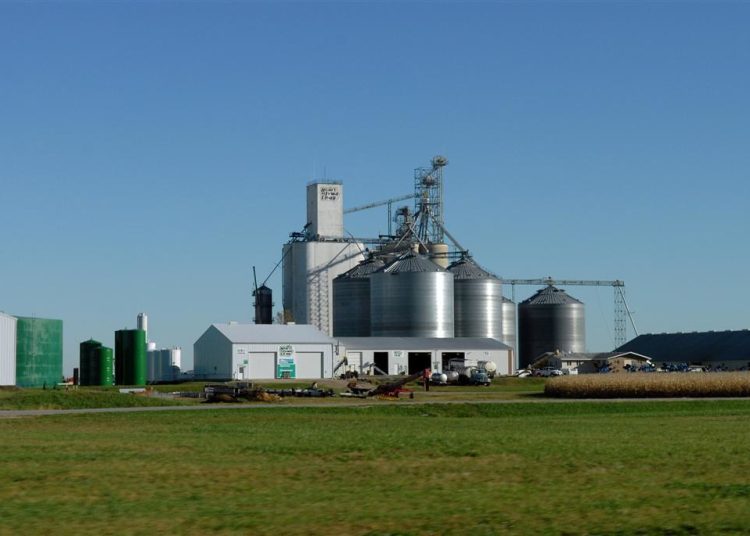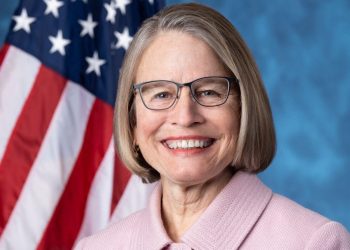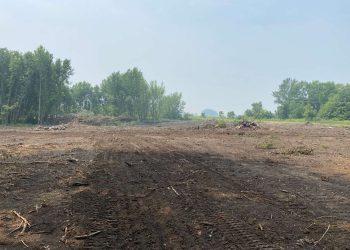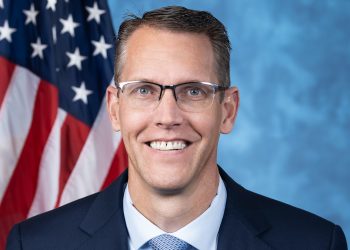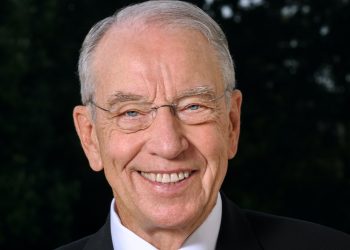Every four years, Iowans have the unique opportunity to personally meet and vet the candidates vying for their party’s nomination to serve as the next President of the United States. It’s a serious responsibility; one Iowans do not take lightly. We understand the importance of our state’s grassroots nominating process and the dialogue our caucus system encourages. Folks take pride in staying informed on the pressing issues facing our state and nation.
When candidates come to our state and make a promise, Iowans expect them to keep it. So when then-candidate Joe Biden traveled to Iowa—multiple times—pledging to support our renewable fuel industry,saying things like, “A Biden-Harris administration will promote and advance renewable energy, ethanol, and other biofuels to help rural America and our nation’s farmers,” Iowans believed him.
Our state is the number one producer of ethanol in the country, and 85% of Iowans believe biofuel plays an integral part in our economy. That’s why I’ve continued to advocate relentlessly for both Republican and Democratic administrations to ensure the biofuel industry is supported and the Renewable Fuel Standard (RFS) is upheld.
During the nomination hearings for both U.S. Department of Agriculture (USDA) Secretary Tom Vilsack and Environmental Protection Agency (EPA) Administrator Michael Regan, I pressed each of them on their commitment to defend the RFS. Secretary Vilsack, stated, “I don’t think that I have to be too persuasive in that Oval Office to have the president—who committed to the RFS during the course of the campaign—to follow through on that commitment.” Administrator Regan said, “[The] RFS is definitely a priority for this administration.” While I was hopeful both would keep their word, I knew I would need to remain ever-engaged on behalf of Iowa farmers and producers.
This summer, when it was first reported the Biden administration was considering taking action to undercut the RFS, Senator Chuck Grassley and I quickly expressed our concerns to our fellow Iowan, Secretary Vilsack, on the potential harm it could have on Iowa’s agriculture community. I also led a number of my colleagues in reminding President Biden of the promises he made on the campaign trail to support the biofuel industry and the family farmers who rely on it.
But this week, President Biden revealed his true intentions. He broke his promise to Iowans.
After failing to meet the November 30 deadline—as required by law—President Biden took action to reopen the finalized 2020 RVO rule and propose 2021 and 2022 volume obligations that strip out billions of gallons of biofuel demand. This decision is an about-face by a president who campaigned on his supposed support for renewable fuels, and these RVOs will slash demand for biofuel and have devastating, long-lasting consequences for Iowa farmers and producers.
In their rush to appease coastal liberal elites and promote electric vehicles in the name of “green energy,” the Biden administration has snubbed biofuel—a readily available energy solution that deserves full consideration. Part of that problem is the EPA’s current greenhouse gas modeling system is antiquated and fails to recognize the scientifically proven environmental advantages of ethanol and biodiesel. That’s why I’ve helped put forward legislation to modernize the EPA’s outdated modeling system to fully exhibit the role of biofuel in reducing greenhouse gas emissions. I’ve also continued to call for a meeting with President Biden and representatives of his Cabinet to discuss the RFS and the importance of biofuel as a cleaner, more affordable choice at the pump. Unfortunately, our requests continued to be ignored—as well as the opportunity for biofuel to serve as a foundational source of transportation emission reductions as part of the president’s energy and environmental agenda.
While President Biden may have forgotten his promises, Iowa farmers and producers and I surely haven’t—and you better believe we will work together to fight back against these harmful policies and defend the RFS.



